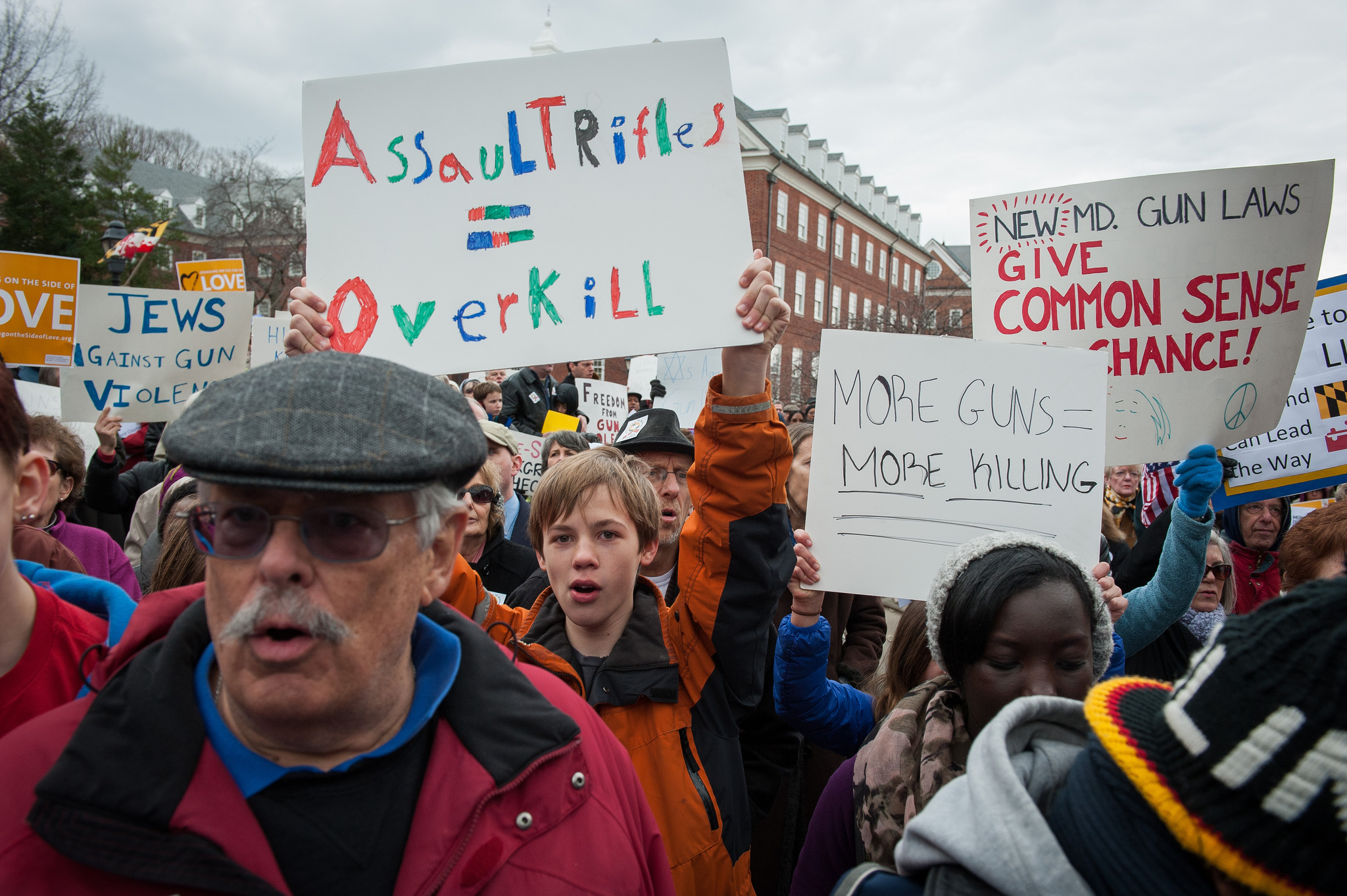Views expressed in opinion columns are the author’s own.
The mobilization of young people in response to the Florida shooting on Feb. 14th has been staggering. Images of high school students organizing walkouts, facilitating classroom discussions and holding some of our nation’s most powerful political figures accountable has affirmed the power of young people and transformed the narrative around school shootings.
In light of the protests, many universities have assured students that their decision to partake in protest won’t affect their admission. But the initial reactions of school officials in places such as Pittsburgh and around Milwaukee have not been nearly as respectful of students’ rights.
[Read more: In Japan, gun violence is startlingly rare. The U.S. can learn from that.]
In those areas, superintendents took defensive stances — students in Pittsburgh were threatened with detention for leaving school, and students in Wisconsin were told that, “Participation in a walkout is disruptive and against school regulations, and will subject students to disciplinary measures.”
Both have since revised their initial decisions — the Pittsburgh school even replaced the required detention with participation in group discussions about safer alternatives to social action known as “restorative circles.” The discourse surrounding the rights of students to protest is steeped in condescension and masked with a facade of good intentions.
Obviously the safety of students cannot be compromised, but students have rights of their own, too. Given our increasingly turbulent political climate the question remains: In what capacity are schools within their rights to punish students who decide to partake in social action?
In the past few years, this question has been blurred by the #TakeAKnee movement, protests surrounding standardized testing, cyberbullying and so on. In short, the answer is that there is no one answer; the degree to which school administration can punish students is dependent on both where they protest and when.
Although there is variance in how students can be punished — laws vary from state to state — they are guaranteed a particular set of inalienable rights that cannot be disputed or revoked. For example, students cannot be punished for speaking out during the school day unless it disrupts the ability of the school to function.
This precedent was set in the landmark Tinker v. Des Moines case, which affirmed the rights of students to wear armbands in protest of the Vietnam War. This ruling has since been used to defend students who partook in the #TakeAKnee movement, as it is both a silent and nondisruptive protest. Although it seems small, the affirmation that students don’t waive their rights “at the schoolhouse gate” is fundamental in determining how schools can punish students for social action.
Outside of school, students are afforded the same rights as all other citizens, making outside the classroom the best and safest option for organizing. To the extent that schools have attempted to punish students for actions not occurring on campuses, they have not succeeded, as that would erode students’ First Amendment rights.
Last week, the American Civil Liberties Union published a piece discussing the boundaries of schools’ rights to punish students, writing, “We clearly have a lot to learn from the students from Marjory Stoneman Douglas High School and their peers nationwide … We hope those schools recognize that even when they are within their right to discipline students for protests, that doesn’t always mean they should.”
[Read more: After Parkland shooting, UMD threat assessment team urges students to report concerns]
The ACLU’s argument makes the case for understanding and discussion throughout all levels of education. To discuss any issue that carries the severe and harsh realities of the gun violence debate without student input isn’t just pedantic — it’s wholly disrespectful.
Students deserve a seat at the table from the get-go, not merely in response to tragedy. At this moment, many of them are showing more courage and empathy than many of the people who claim to lead our country.
Sarah Riback is a sophomore English and sociology major. She can be reached at riback.sarah@gmail.com.



